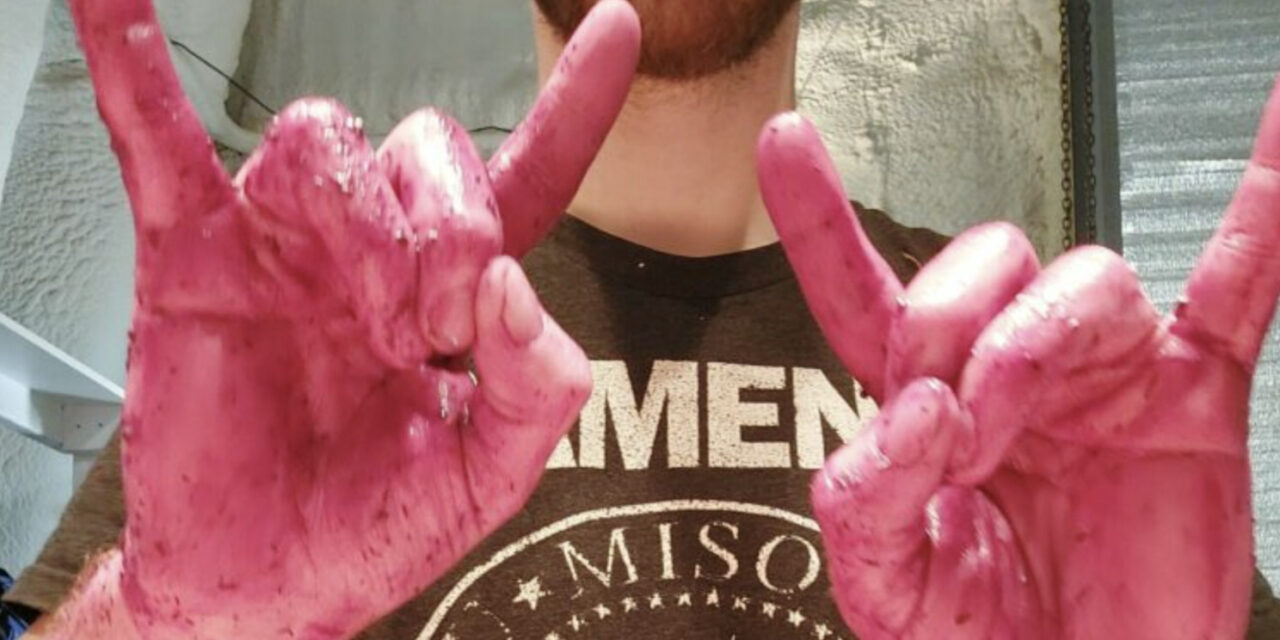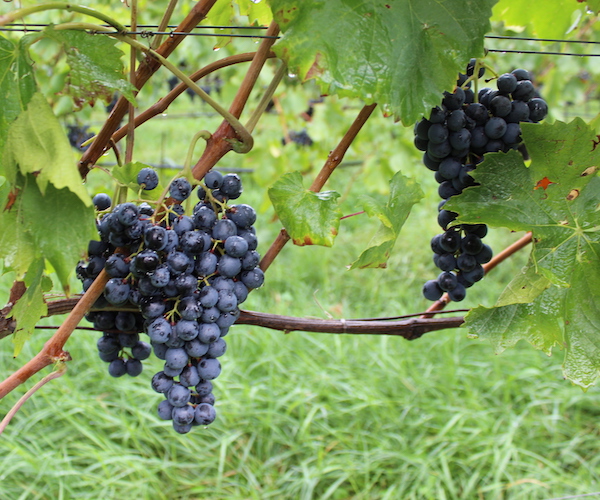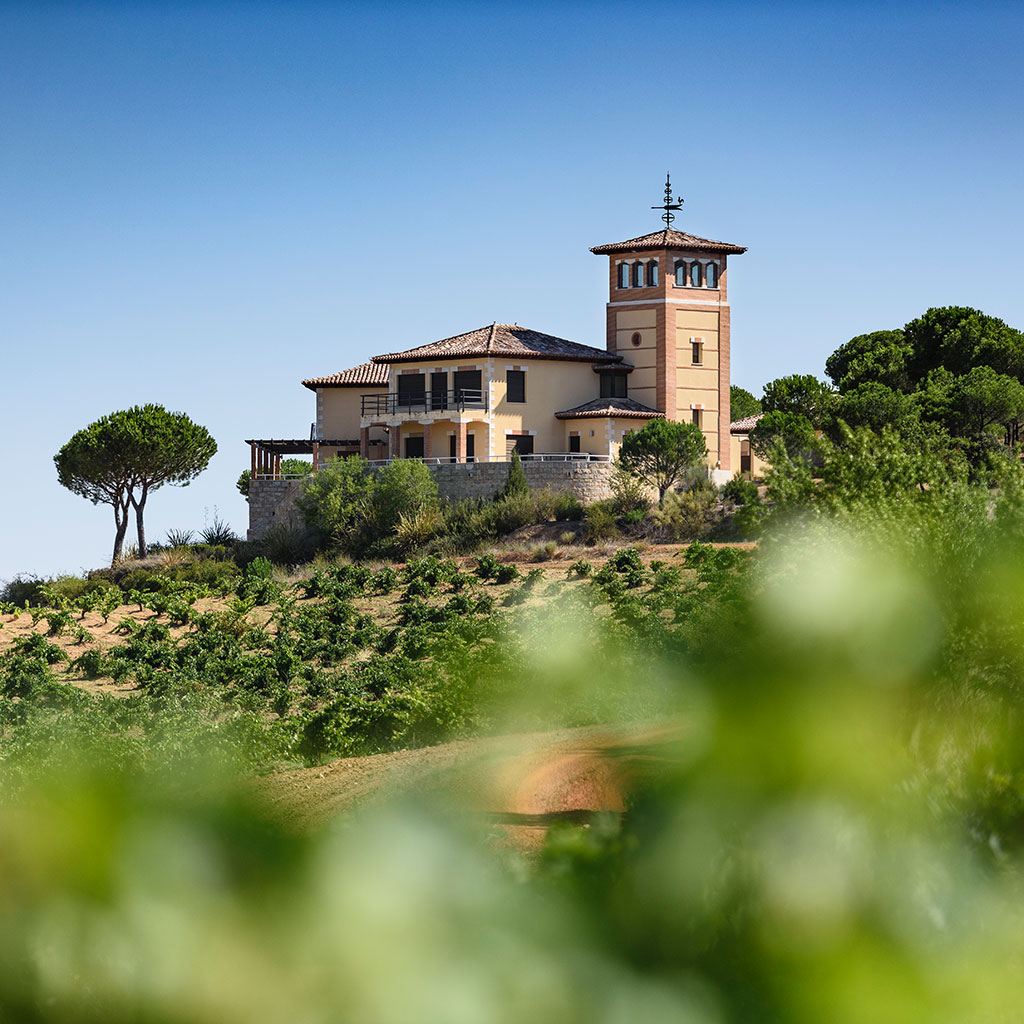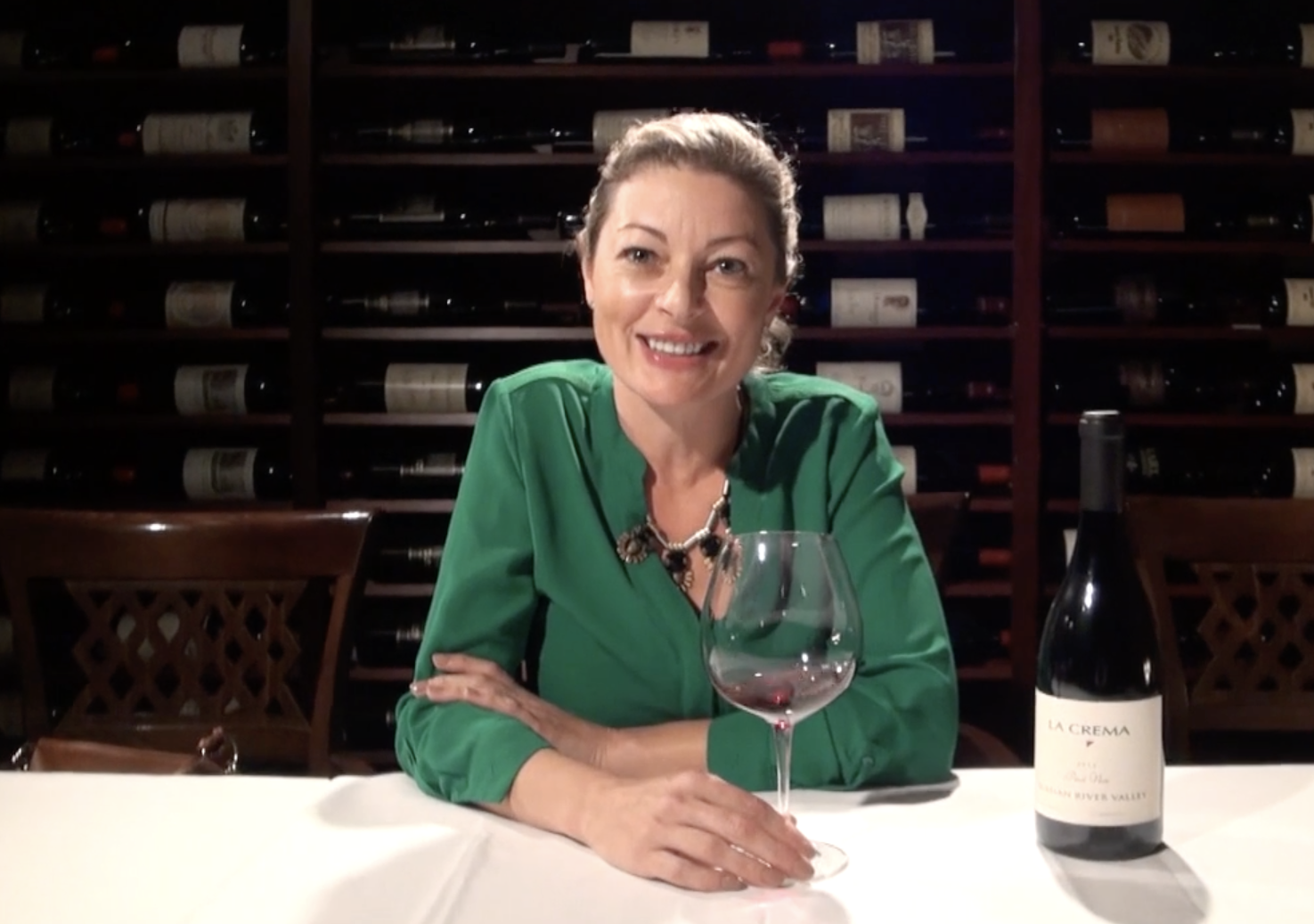I’ve always wanted to make things with my own two hands that make others happy; all of my great efforts—music, art, cooking, and bartending—serve that purpose. But as a sommelier, I couldn’t shake the discomfort and the lack of personal involvement, not in the experience but in the product. Thus, in April of last year, I left my sommelier position, packed my bags, and moved to Prince Edward County to work at Lighthall Vineyards.
Many months later, with my second season and budbreak underway, I wanted to take some time to reflect on the experience and how it shaped me. It was certainly not the easy task I had at first envisioned.
This article is the product of five rewrites over four months. It’s basically therapy, the culmination of a two-year whirlwind (no red slippers included) in the industry. To write this article has meant for me to take a step back and re-evaluate the meaning and personal significance of my career thus far. Let me explain.
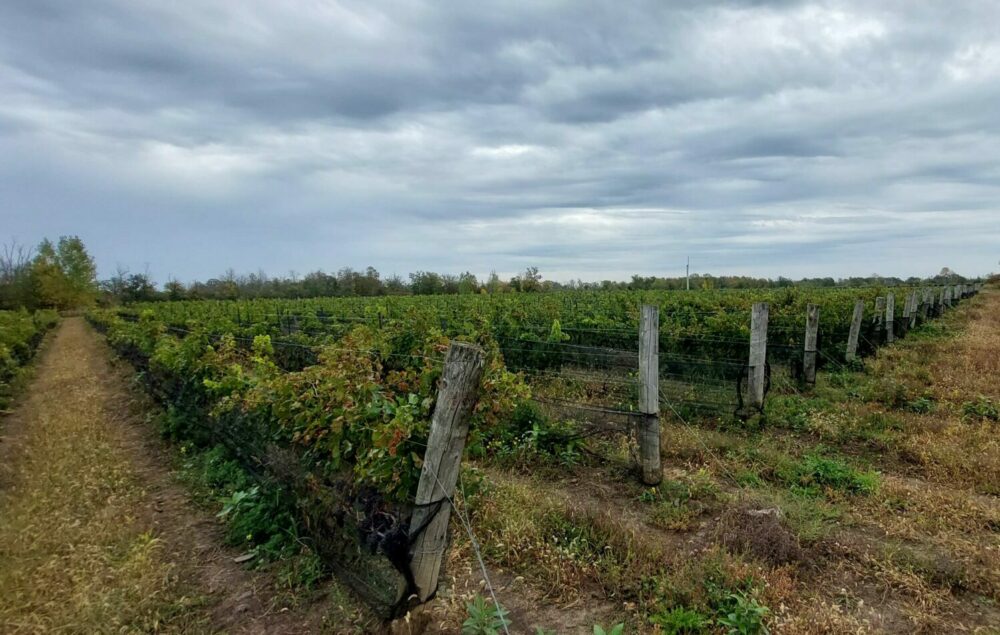
Lighthall’s lakeside South Bay vineyard.
Until now, wine was this enigmatic potion that came in boxes with script-adorned labels, concocted in ancient, far-off lands by alchemists and wizards, or so it felt. Even after reading and studying so much about viticulture and wine, it’s hard to put wine in a realistic perspective from the restaurant floor, especially as you start to buy into your own sales pitches. But now, on the other side, I promise, inside a 10,000-litre tank, sweating in my wellies and showering in citric acid, I do not feel like a wizard. I just feel like a rather damp dude, and I’m cool with that.
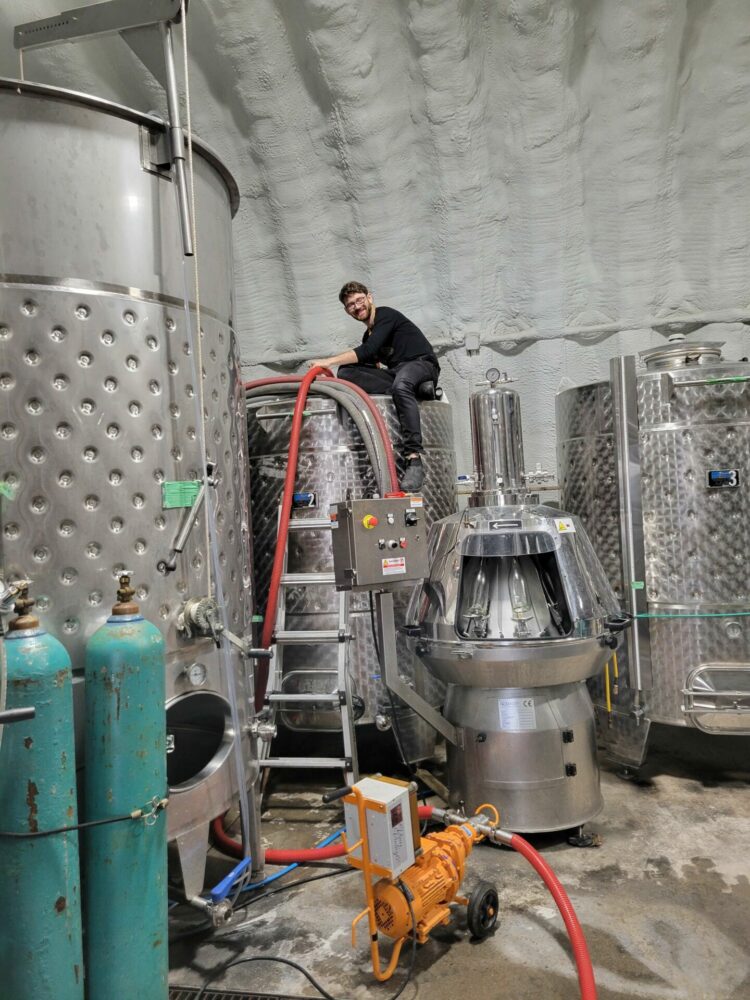
The life of a tankrat: Racking, and cleaning. Seemingly ad infinitum
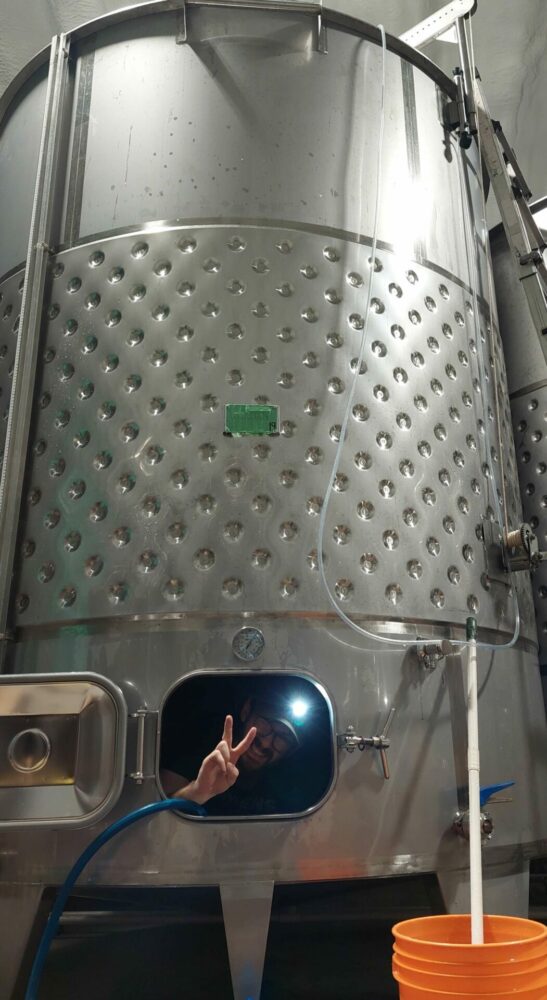
Its kind of like threading a needle, except you’re the thread.
Wine historically has been a beverage able to be created by small communities and farmers without the requirement of lab-grown yeasts or nutrients, specialized equipment, or formally educated staff. In fact, wine-making should come far more naturally to the average agriculture worker or tradesman, and I often joke to customers that a plumbing background and a forklift certification are far more handy in the cellar than a sommelier’s pin.
While the precise nature of modern winemaking makes a world of difference in quality, much of the job is intuitive. Want to know how much sugar is left in the wine? Taste it.
How do you know your fermentation is healthy? Smell it.
It doesn’t seem so far-fetched to me now to imagine cultures crafting wines millennia ago. I think a lot of producers purposefully inflate the mystery of winemaking to make the product more alluring and therefore cost-justified to the consumer, and it’s fine to put something beautiful on a pedestal to admire it, but make that pedestal tall enough and it gets out of reach. Wine should be grounded.
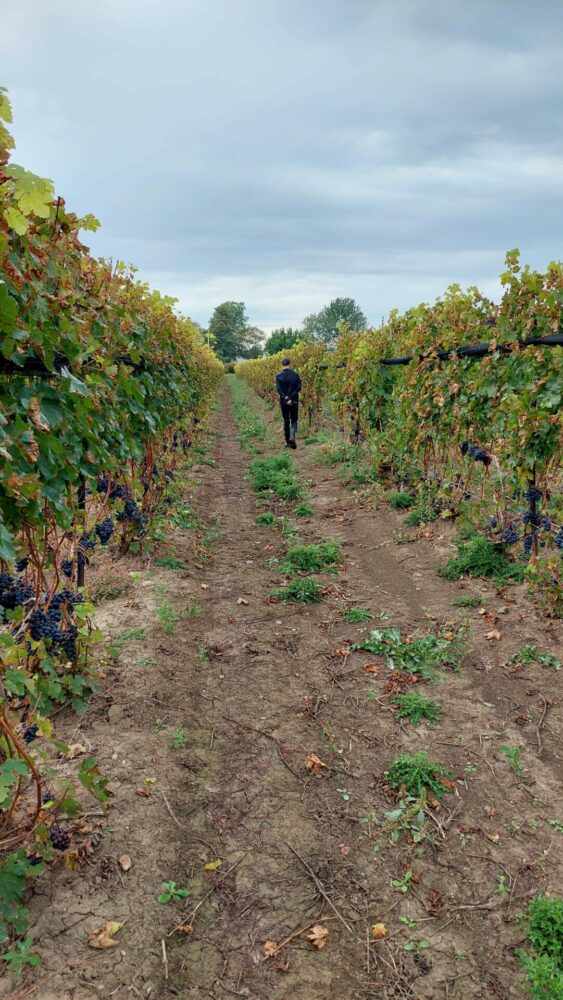
When strolling limestone and clay vineyards after the rain, youll be leaving with about a kilo of mud on your shoe. Lighthall winemaker Chris Thompson pictured here inspecting his domain, in some very wise footwear.
Speaking of the ground (this pun is so bad it might not survive editing), I have never been so invested in soil and weather. They say if you want to know the weather on any given day, ask a winemaker. Now I watch every storm and heatwave white-knuckled, praying for the strength of the vines. I truly feel now that it’s impossible to work in wine, especially at the production level, and not become an environmentalist. The movement of pests and invasive plants, the weather, and climate change all have an impact on everything we do. Reading about the effects of a lake is one thing, but being there, feeling the wind, the change in temperature, and the smell of the air, is something else
When your entire life and work rest upon the whims of the season, you start to pay a lot more attention to the goings-ons of the world and the future of it. I’ve always felt that I was eco-minded, but now it’s truly personal.
We grow up in cities with a disconnect from agriculture and take for granted that even a simple tomato is the result of brutal work, sacrifice, and a delicately balanced ecosystem. It’s especially hard to ignore when you can see and taste the exact effects of the climate around you. It’s dawned on me now that the modern wave of natural and sustainable winemaking is a flag-bearer for a much greater movement for mindful environmentalism and agriculture practices. The impact is right in front of you, consumers can uncork a bottle and experience the difference those changes make. That tangibility is the most striking thing about winery work.
I never understood the pride of a farmer until I held the first bottle I ever had a hand in making. It’s not just about making money, turning tables, and getting through the service. Rather, at the end of the season, you have a physical, drinkable culmination of all your hard work and effort. Every tank cleaning, every pitch, every rack, every punch-down, every pallet wrapped and case labelled—it’s all right there in your hands.
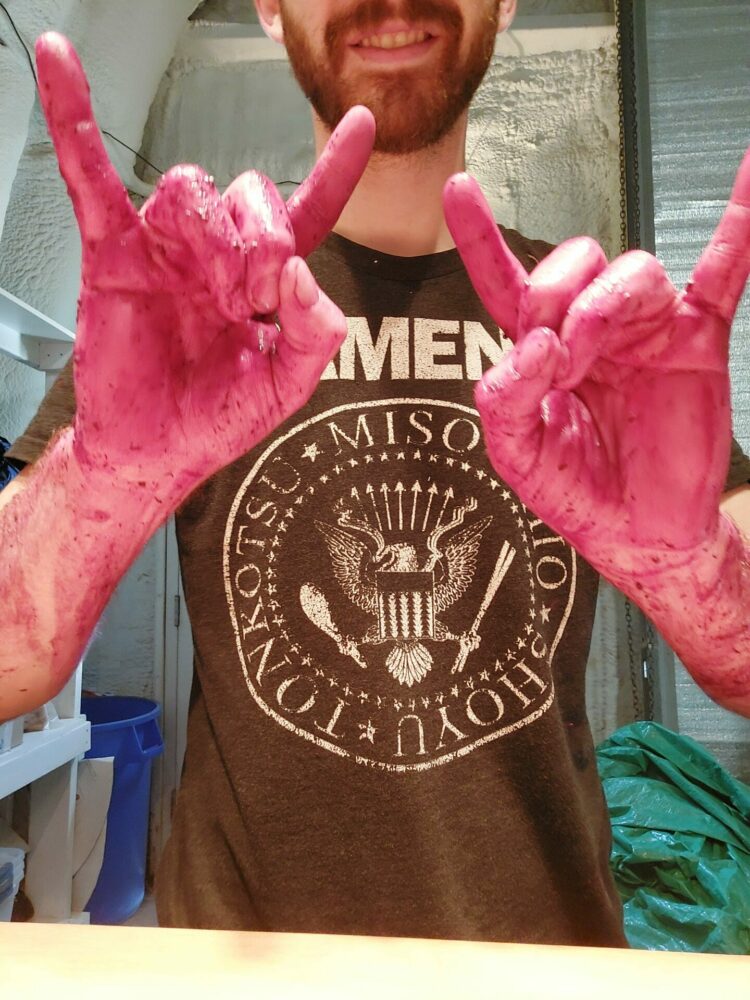
I can literally say I’ve had a hand in producing this vintage
Something sunk in over the course of writing this article.
For all the irony these words carry coming from a writer, I cannot put the experience into words. I can only implore the curious and fence-seated to go and reach out to their favourite winery, wherever they may be, and see if they’ll take you on for a harvest. This is an experience everyone who loves wine should have at least once.
There are lessons that cannot be studied in a textbook; they must be lived. It is a feeling, a gut pull, like picking out your pet or meeting someone special—you just know, beyond words, something is meant to be. That’s what being here feels like. Everything is in its right place. Now while I’m waxing misty-eyed, I’ll cut this article off at the high point before I start thinking about how much cleaning I have to do soon. And the wasps. Oh god.
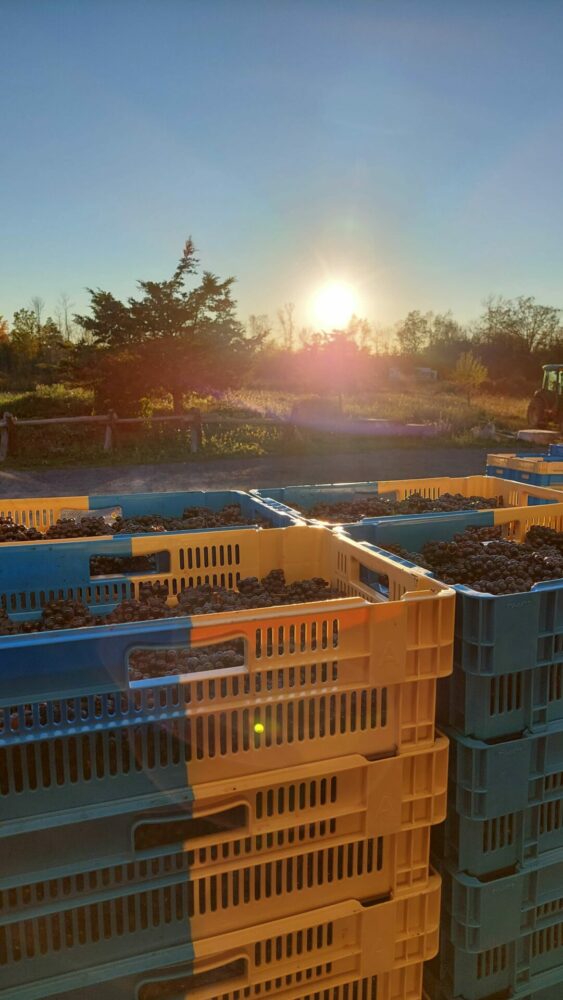
Sun clocking off during our Pinot Noir harvest, but we’re set to press well into the night

